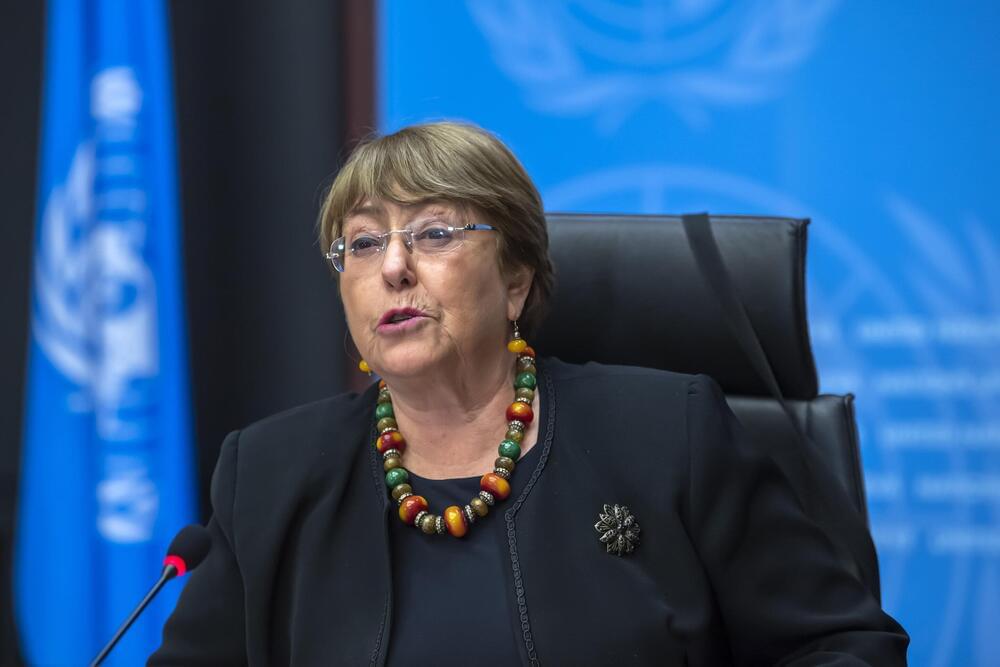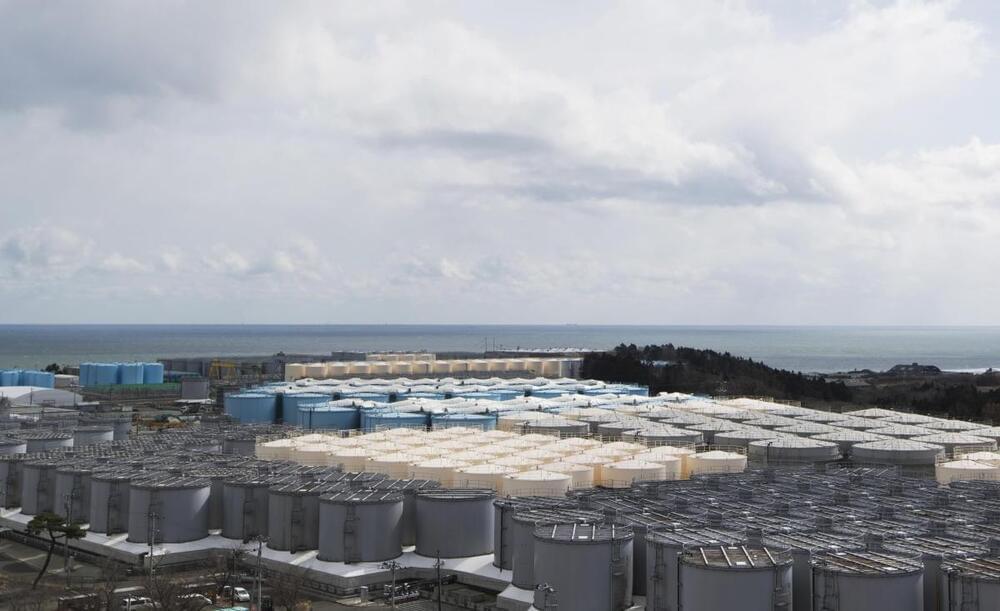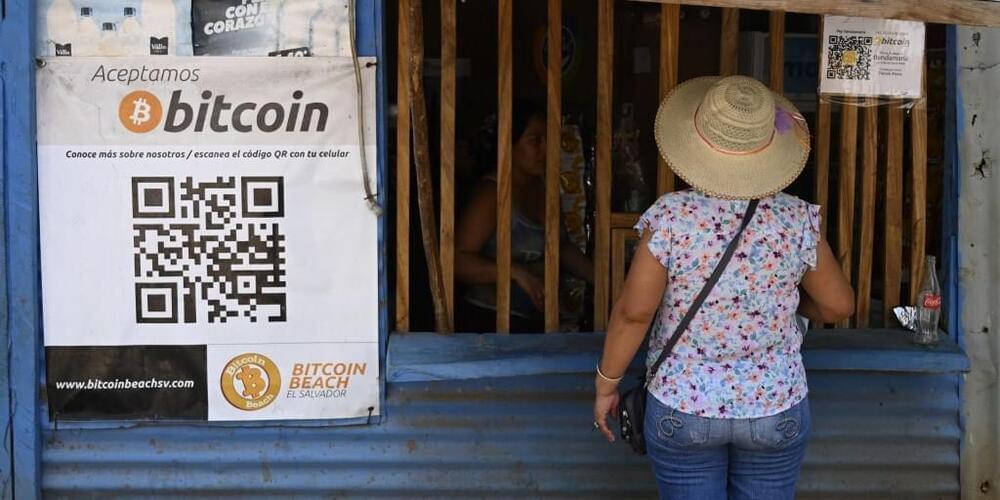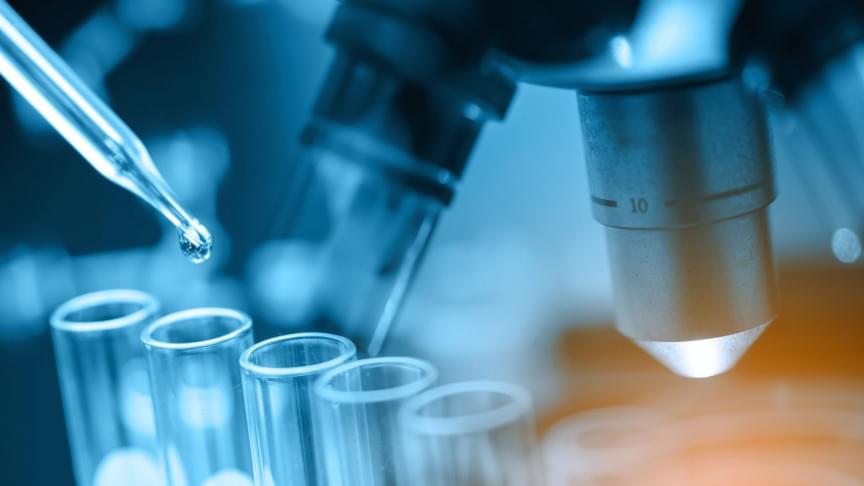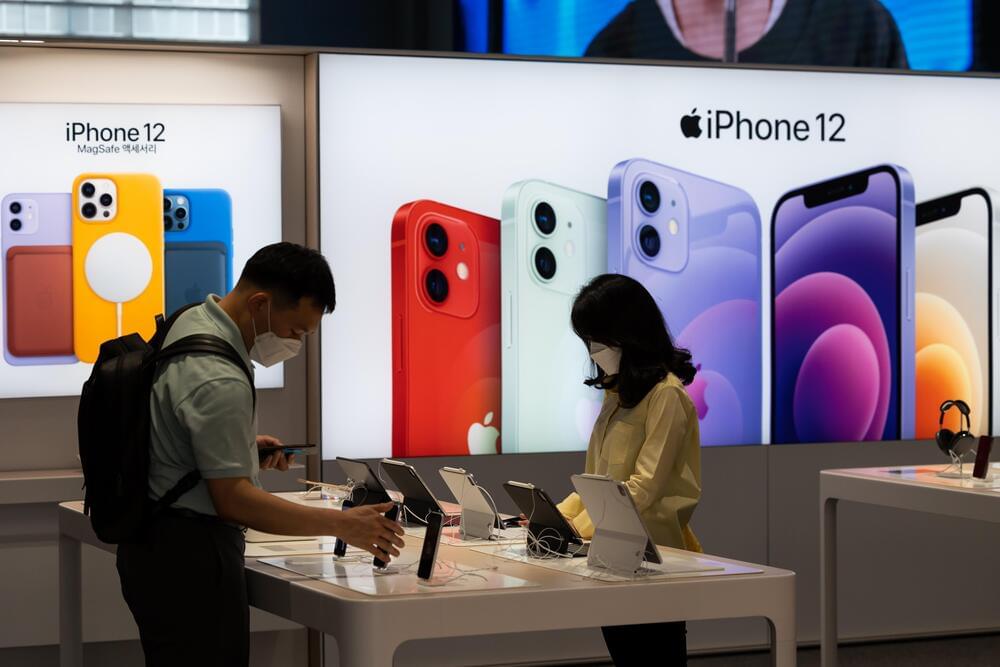Civilian Space Development has kicked-off: the work begins now!
Newsletter 17.09.2021 by Bernard Foing & Adriano V. Autino
During the last months we have seen the first civilian passengers fly to space, onboard Blue Origin and Virgin Galactic vehicles. September 15th, four civilian astronauts, onboard a Space X Dragon capsule, passed the 500 km orbit, more than 100 km higher than the ISS.In 2016 we started to publicly talk about and promote Civilian Space Development, while the whole space community kept on talking only about space exploration. Earlier, in 2,008 we founded the Space Renaissance movement, and a couple of years later the Space Renaissance International, as a philosophical association targeted to complete the Kopernican Revolution, supporting the Civilization expansion into space. Nowadays the concept of civilian space flight is everywhere on the media, and many people in the space community talk about a space renaissance. Of course the Coronavirus pandemics accelerated the awareness of the urgency to expand humanity into outer space. And space tourism — the first stage of civilian space settlement — is now a reality, in its first steps.
Of course nobody could be more happy than ourselves, for the above development, and of course**2 we want to congratulate with Elon, Richard and Jeff, for such a great achievement!
So, may we consider that our mission has been completed? Let’s see.
Firstly, were those crews composed by regular travelers, like normal air-flight passengers? Not exactly. The Inspiration4 crew members received astronaut training, for many months, including lessons in orbital mechanics, operating in a microgravity, stress testing, emergency preparedness training, and mission simulations. They have studied over 90 different kinds of training guides and manuals and lessons to learn to fly Crew Dragon, and what to do under emergency situations. The legal aspects are not clear: did FAA quickly authorize Space X and Blue Origin to deal commercial space flights? Doubt is more than legitimate, considering the long procedure followed by Virgin Galactic to be authorized to transport paying passengers in space. Likely, these first “civilian” passengers — like the first orbital tourist Dennis Tito did in 2001 — accepted conditions similar to the military astronauts (i.e. zero rights and warrants).
Therefore, we cannot say that the first “civilians” has gone to space. Yes, they are not military, but (i) they needed a hard astronautic training and (ii) they don’t have the rights and warrants given by air-flight companies to their passengers. It means, basically, that the vehicles are still more suitable to transport astronauts means than civilian passengers.
A lot of work is still to be done, to allow civilians to travel, live and work in space. And the real implementation of such work depends mostly on the right political decisions, and from the support by public opinion. We still need to fight against the fake news, the opposers, the misconceptions, the so many apparently reasonable objections to human expansion into outer space.
Our recently closed 3rd World Congress, significantly titled “The Civilian Space Development” approved a final resolution, including, among other, some relevant points. Some excerpts: * To allow a quick and smooth transition from the space exploration to the space settlement paradigm, **there are scientific works to be done with more energy and investments**, technologies to be consolidated and enhanced, collaborations to be agreed and pursued, in a spirit of a global support to the greatest enterprise of all times: the sustainable renaissance of our civilization in the outer space. * **Not going back, but going forward to the Moon**: develop proper industrial infrastructure to produce fuel in space, from lunar and asteroid materials, also mining resources such as water, rare earths, precious metals and Helium-3. * **Space debris recovery and reuse**. It is not only a necessary and overdue cleaning action. Starting the reuse of space debris is a bootstrapping point for Earth orbit industry, signaling the transition from a worthy public environmental initiative to the first orbital industrial business. * **Enhance life protection in space**. Radiation from our sun and deep galactic cosmic rays represent a big threat to health and reproduction. Humans cannot travel and live in space for long time and distances without proper protection. * **Start experimenting with simulated gravity**. It can be done by rotating connected modules, as an initial method: we need to learn a great deal about the effects of different diameters and rotation speeds on human perception, psychology and physical conditions. * **Keep on supporting the development of 100% reusable space vehicles**. Low cost, safe and reliable passenger space transportation vehicles. * **Support the space tourism industries** and their effort to develop civilian space travel and accommodations (hotels), turning the aeronautic experience into profit. * **To add an 18th SDG, bootstrap the civilian space development**, to UN 17 Sustainable Development Goals. In order to make the 17 SDG feasible and sustainable.”
Promoting the above key concepts, we strongly focus on inspiring and involving younger generations, to empower their growth and inspire them on their path to space.
SRI President — prof. Foing — was attending Luxembourg Space Forum on 14 Sept, and discussed projects and collaborations with industries, academia and entrepreneurs present there. He will give a keynote talk at SUTUS Space & Underwater Tourism Universal Summit on 22 Sept.
Our SRI webinar will host Mars Society founder Robert Zubrin on 4 October. Also see the SR Academy webinar series calendar.
SRI is co-organizer of events, and will talk to partners at IAC Dubai on 25–29 October. Several SRI members will present papers. Btw, we’re seeking for sponsors, **to support our mission to IAC 2021**.
https://spacerenaissance.space/space-renaissance-at-iac-2021-in-dubai/
In summary, we started to talk about space renaissance 13 years ago, and about civilians in space 5 years ago… Our 3rd Congress was fully centered on Civilian Space Development, it was a great success, and we have elected a new President and a new Board of Directors… Yet, we’re still a small organization, with many tens of thousands of followers but less than 100 registered members.
We need our many thousands followers to **join the SRI Crew as members,** and help us bringing SRI to its deserved place, in the galaxy of space advocacy! That will not cost too much to each member, yet it will allow us to better develop our programmes!
https://spacerenaissance.space/membership/international-membership-registration/
Keep on following and supporting the Space Renaissance!
